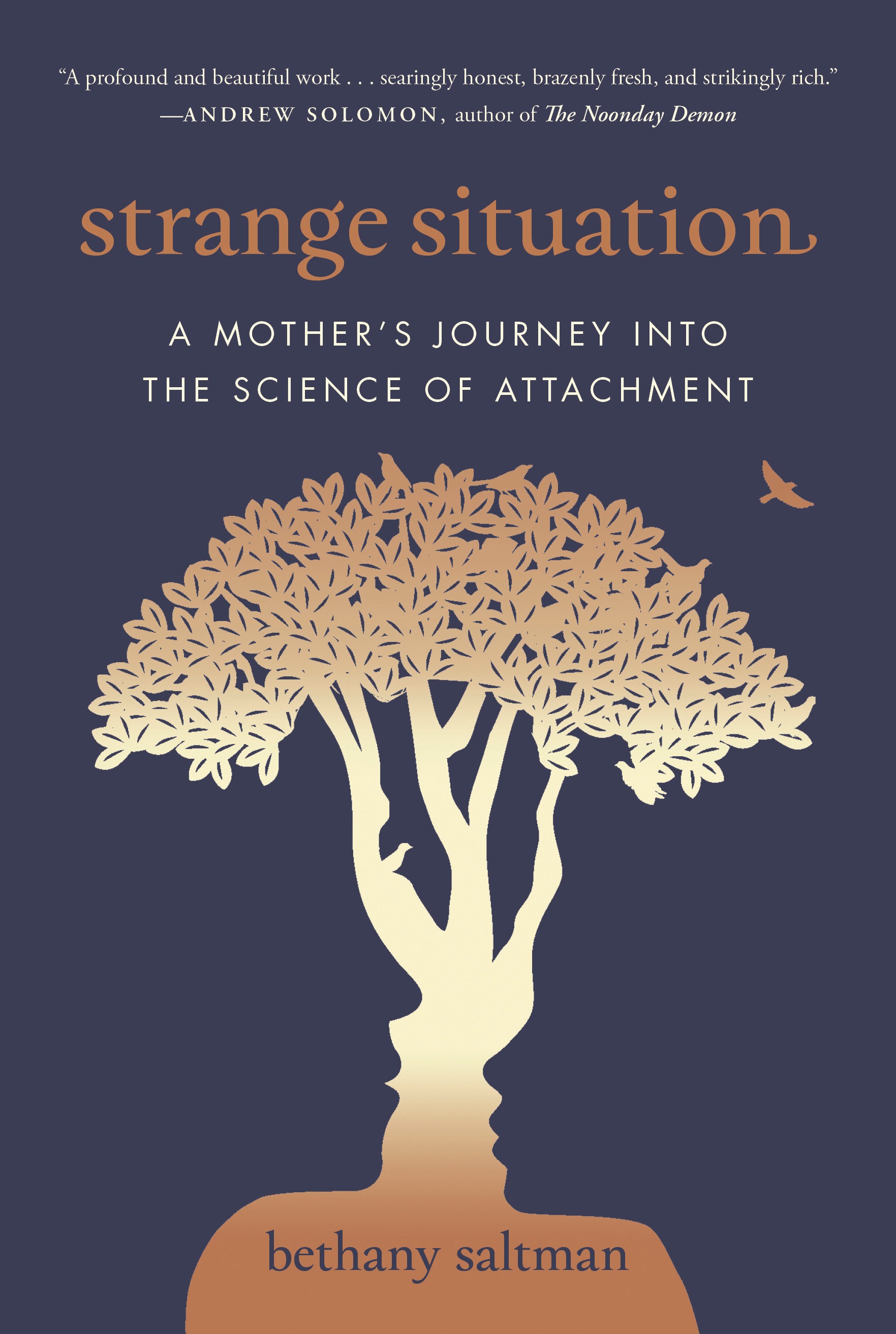During one of the last family gatherings before we all tucked ourselves away at home, my sister-in-law invited me for a walk, away from the platters of hummus and carrots, away from her young son in need of a nap (imagine!). She’d been reading the manuscript of my upcoming memoir about early motherhood. As we walked down the driveway, she looked at me with her tired, but still lovely, soft brown eyes and said, “Wow. You’re so brave.”
I’m used to this. Pretty much everyone I’ve shared the book with has said the same thing. I think this is supposed to be a compliment, so I try to take it as one.
But I also know that I’m setting myself for judgment and ridicule, and that’s ok. By sharing how much I struggled with not just the ennui we so often hear about in the writing of new mothers, but a quick temper, a sharp tongue, and legit self-absorption in the early years of life with my daughter Azalea, who is now a lovely, reasonably well-adjusted 14 year old, I’m describing something that’s considered dark, unseemly, and perhaps—I’m gathering—better left unsaid.
“Thanks,” I said to her, “I have nothing to hide. I’m guilty of a lot, for sure, but pretty shameless.”
At the heart of the sixty year science of attachment is an invitation to be radically kind to ourselves. And if we find it hard to do that for ourselves, like I did, we can do it for our kids.
Spending the last ten years studying the science of attachment and the work of Mary Ainsworth, an early maverick of the field who died in 1999, I’ve immersed myself in the data of how hard it is to love someone. And I’ve learned that what everyone says to comfort new parents is true—we all mess up. But there is a way to mess up less, if we’re interested. And it has nothing to do with parenting styles, or decisions like whether or not to breastfeed or co-sleep, or send our kids to daycare, or hire a nanny. We don’t even have to be calm or happy or generous. What our kids need more than anything is for us to be ourselves.
As a researcher, Mary Ainsworth recognized a false face so common among the mothers she studied that she cautioned her coders against misreading “pseudo- accepting” mothers who responded to their babies in a “long- suffering manner.” In fact, Ainsworth noted that emotional warmth has little to do with sensitive caregiving. The mothers who she found had the most satisfying relationships with their babies, were all over the map in terms of personality or affect. Some were naturally sweet and patient; others more edgy and “neurotic.” What they had in common is that they were present–with their children, but most of all with themselves.
It’s difficult work to step out from behind whatever ideal version of ourselves we’ve created, especially for mothers since, as Mary writes, “the social norm is that mothers love their babies and do not reject them.” But the love I feel for my Azalea inspired me to give it a shot, and the science of attachment has convinced me it’s worth it. As Mary makes clear—the greatest gift we can give our kids is ourselves as we really are: not perfect, but honest. Or if you’re like me, guilty, but shameless.

Follow us here and subscribe here for all the latest news on how you can keep Thriving.
Stay up to date or catch-up on all our podcasts with Arianna Huffington here.


